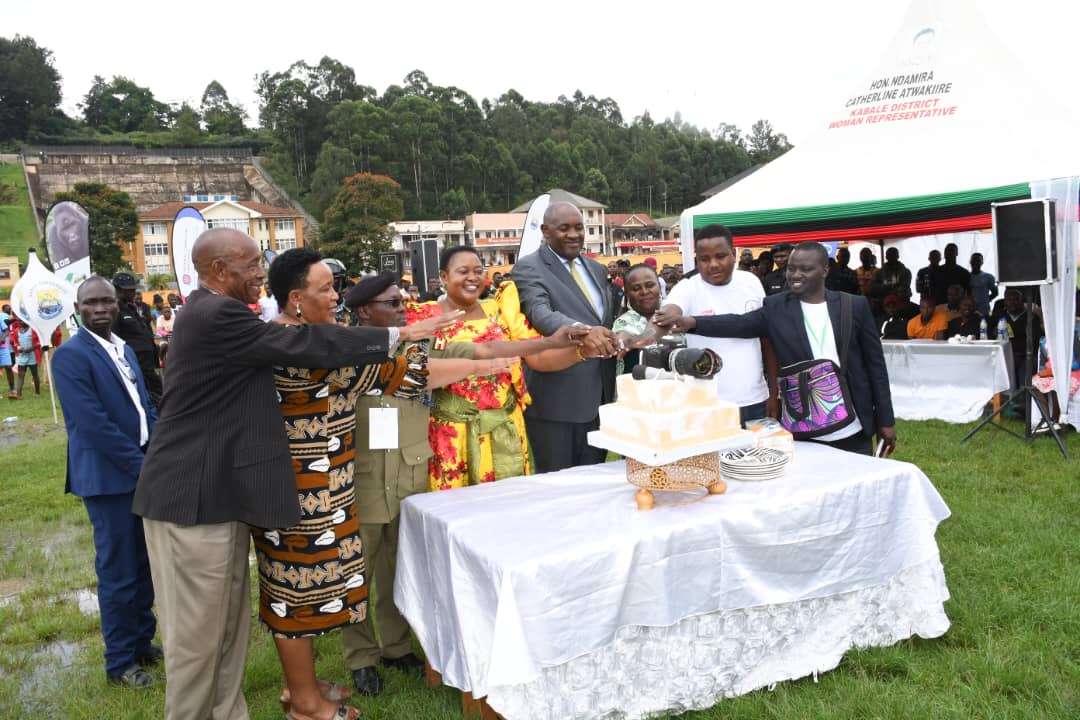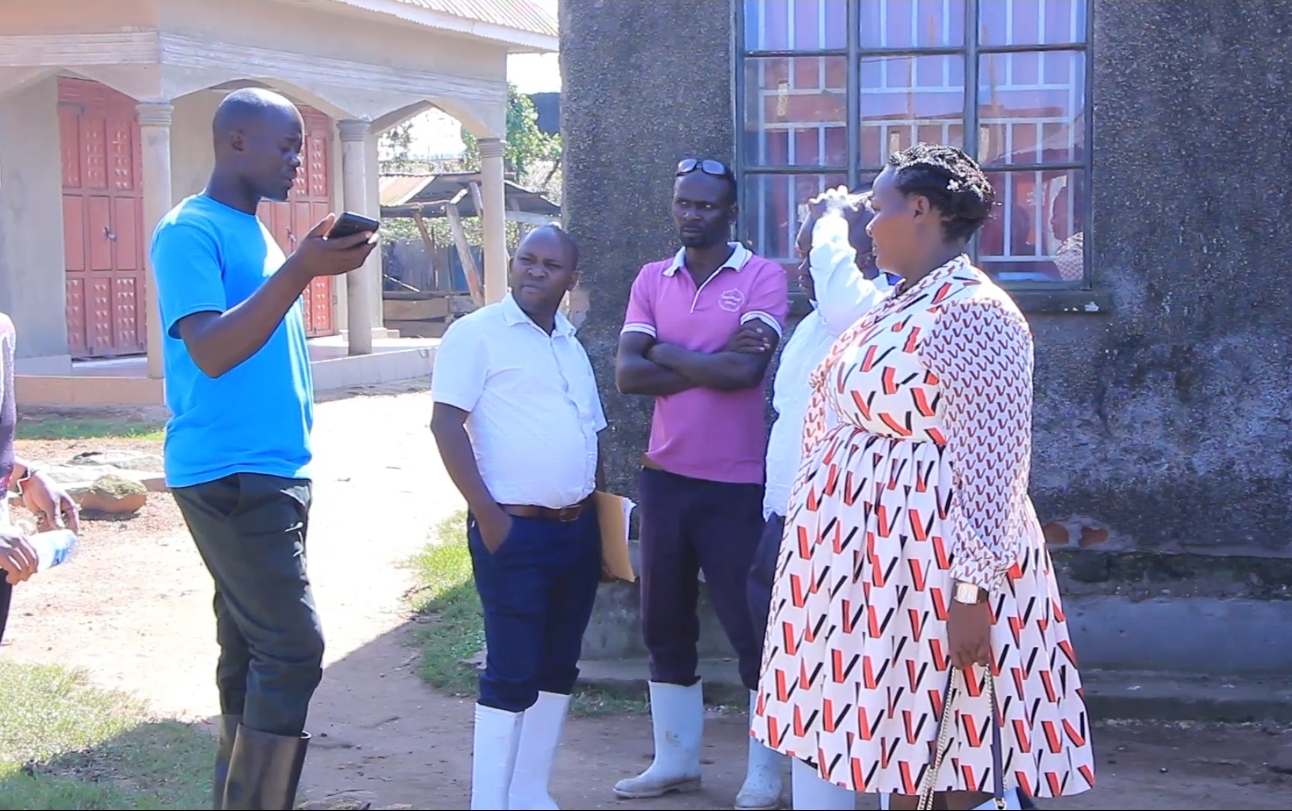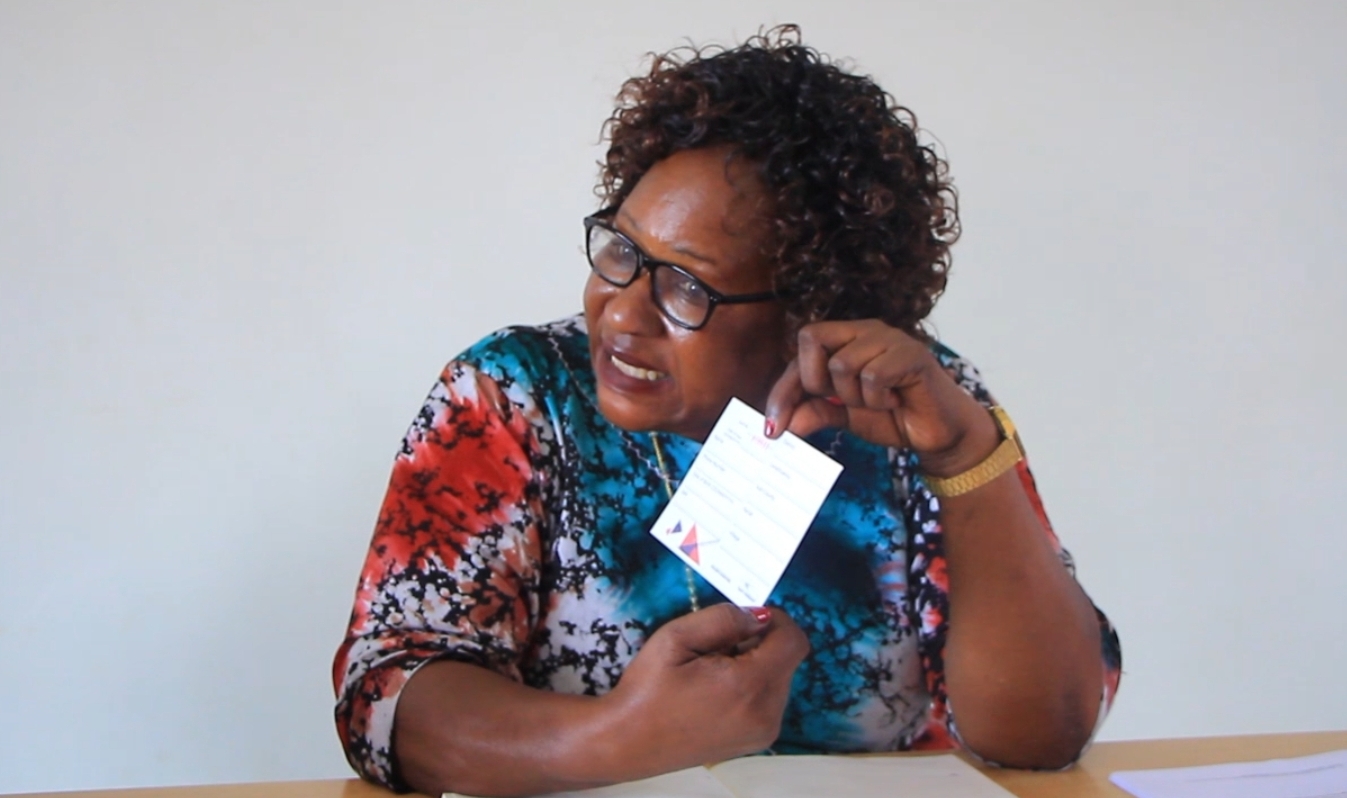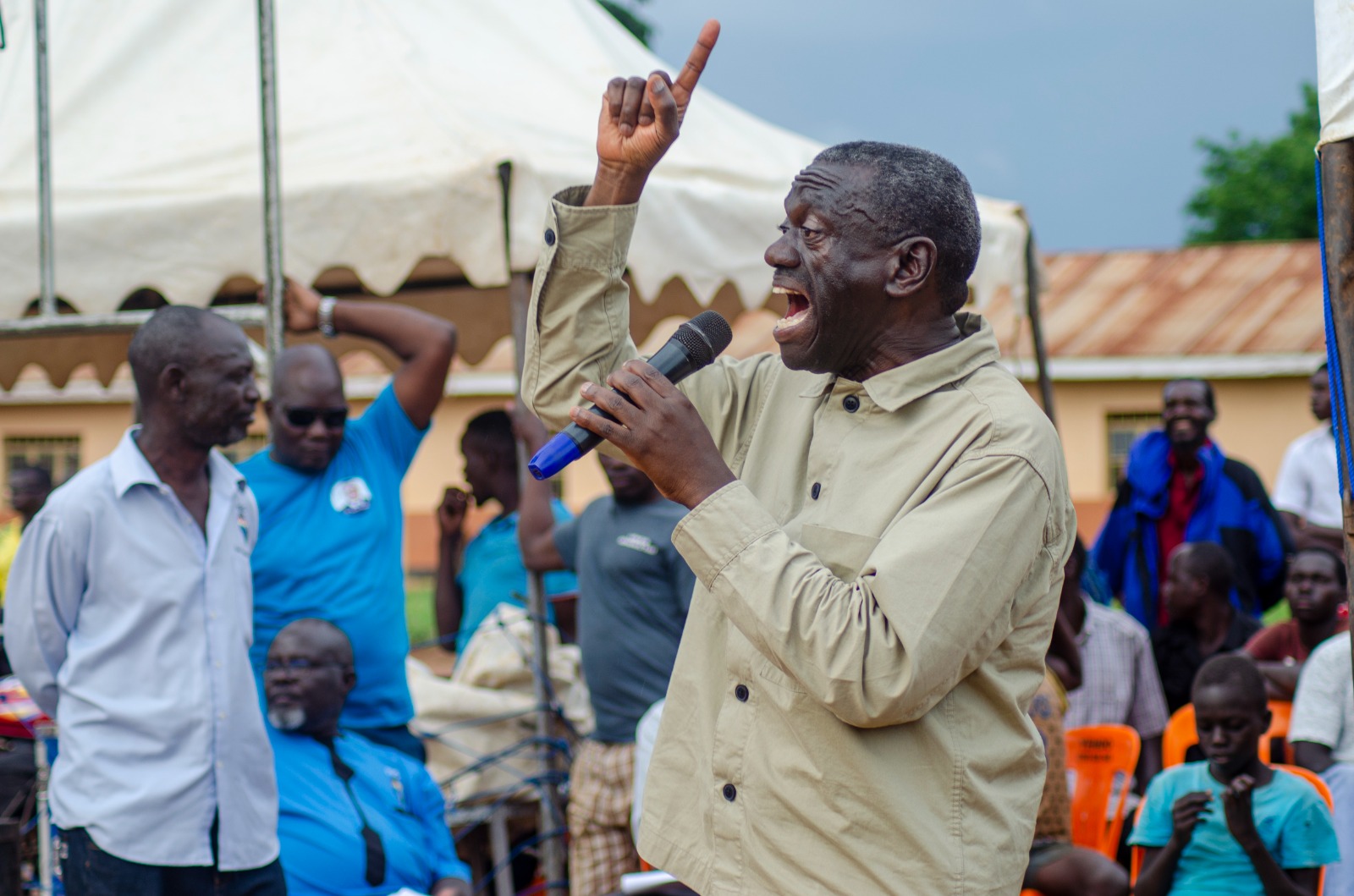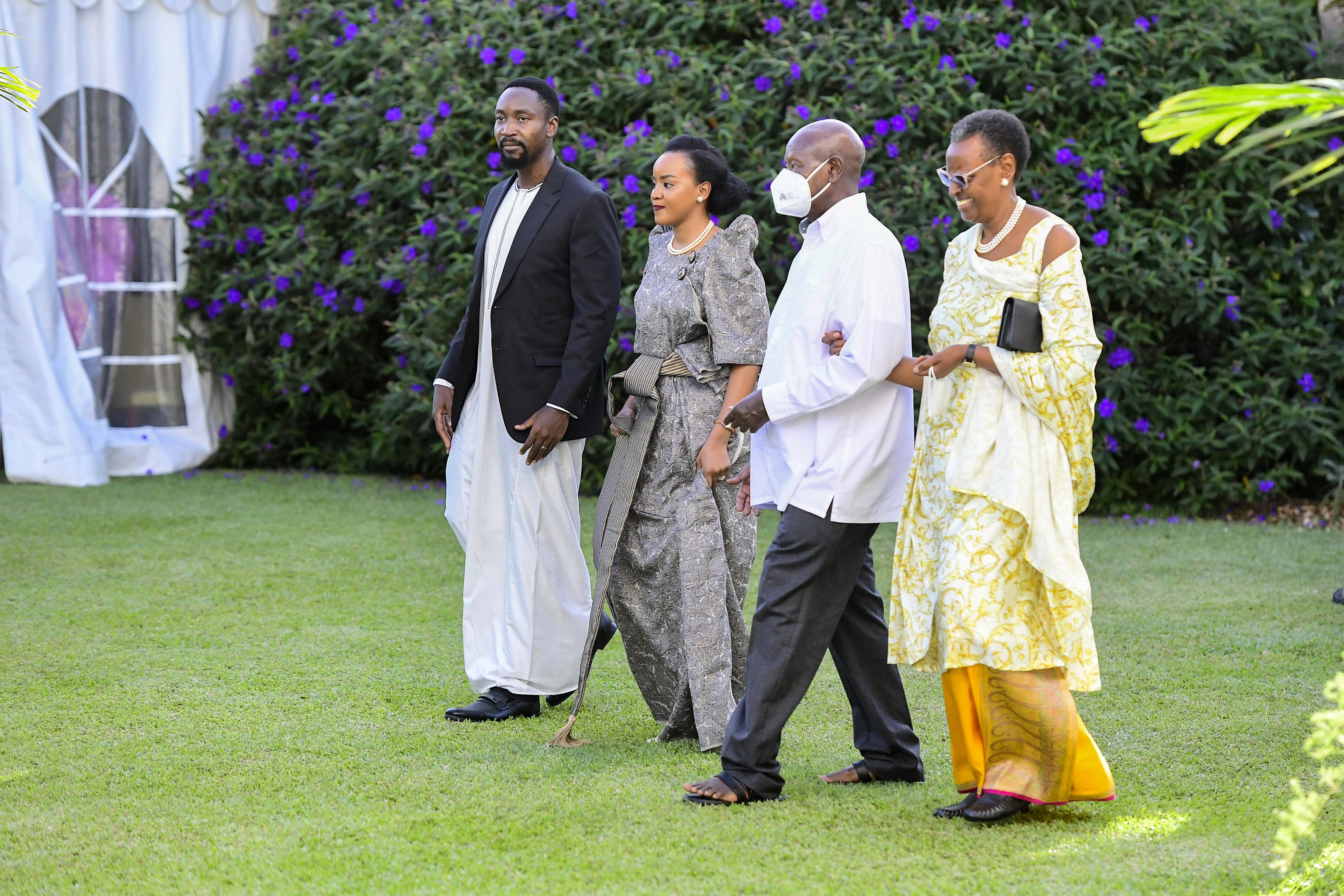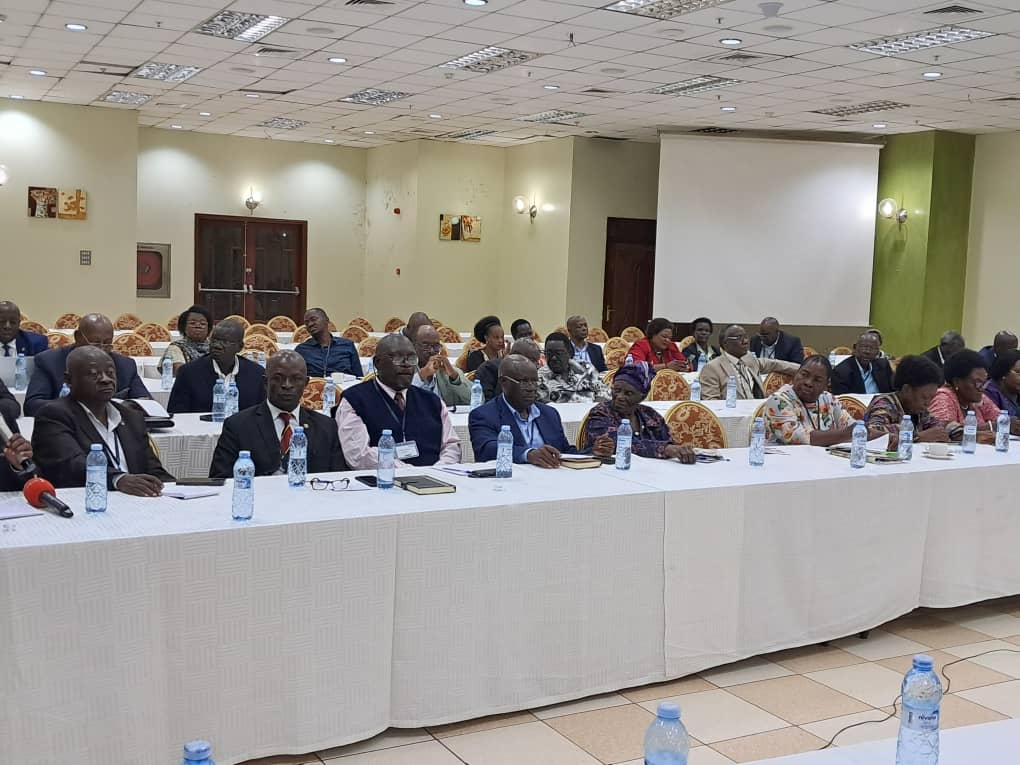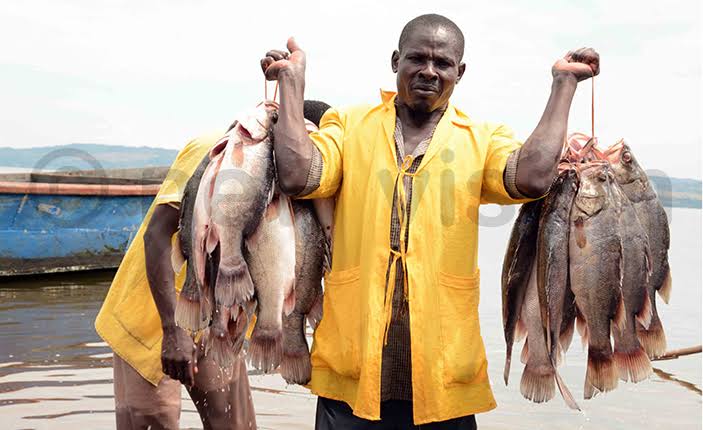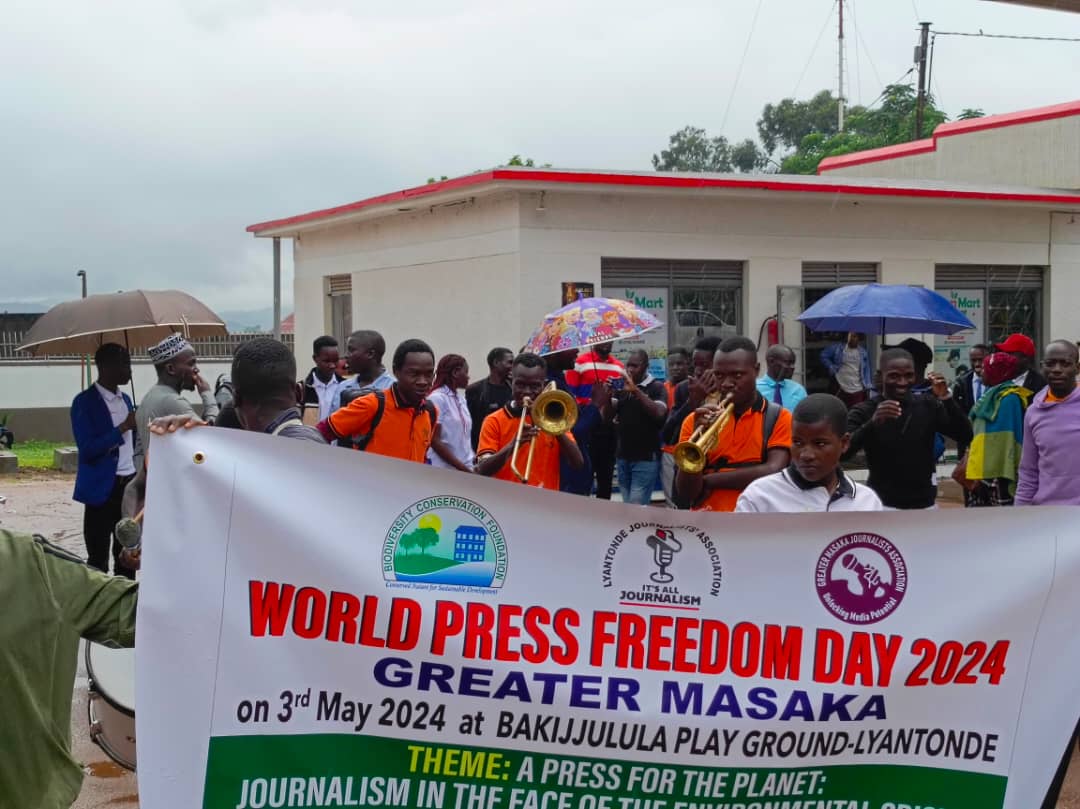OPINION: Africa shunning U.S. for new strategic partners is not an option, its a necessity
By Kungu Al-mahadi Adam
As the United States (U.S.) doubles on using threats of unjustified sanctions, withdrawal of aid and interference in Africa’s internal affairs, the need by the continent to strengthen ties with new strategic partners like Russia is inescapable.
The European Union (EU) and the United States (U.S.) have historically been the biggest economic and security partners of the African continent.
The U.S which pours billions into the continent through development, humanitarian, and security sector aid, also has a significant military presence on the continent.
However, it’s explicit that the Americans continue to use this aid to suffocate African States by imposing and advancing their imperial tendencies, justifying an immediate need for Africa to seek and further cooperation with alternative strategic partners like Russia before it’s late.
For example, the ongoing harsh criticism towards Uganda including threats of sanctions and withdrawal of aid by the U.S. for criminalizing same-sex, is not only an explicit manifestation of the fact that the U.S. views Africans as people in need of help or people who need to be told what to do, but also an outright interference in the internal affairs of African sovereign States.
President Yoweri Museveni and Parliament of Uganda, in the interest of the country, deemed it fit to have a legislation that would prohibit such acts and there promotion “because they undermine Ugandan and African values and cultures.”
However, the decision, has angered the U.S, another sovereign country, to the extent that President Joe Biden, directed President Museveni to immediately repeal the law on grounds that the legislation is a “tragic violation of universal human rights”.
The directive, issued in disregard of Uganda’s sovereignty, undermines mutual cooperation, and instead, imposes the abhorrent western and U.S practices on the African people.
Homosexuality is outlawed in more than 30 African countries. This is what Africa has decided, it is what the people of Africa have chosen. It is therefore disturbing that the Biden administration can impose it on the continent and its people. That exaggerated sense of self-entitlement is unacceptable.
So, because of the aid, the Americans want to hold Ugandans and other Africans at ransom and compromise their beliefs and values.
For decades now, the U.S. has failed to realize that there is need to rebalance its strategy towards Africa, with meaningful and mutually beneficial partnerships that are not simply opportunistic and self-serving. This justifies why seeking alternative partners is not not an option.
For the United States to continue treating African states as countries needing only its assistance and aid as opposed to diplomatic, economic, and security cooperation is hugely detestable.
It is a wake up call for African States to first of all reject such unfairness but also strongly partner with other key global players.
War in Ukraine: Africa is steadily communicating
The U.S. is disturbed by the resilience African countries have strongly exhibited on the ongoing Russia’s Special Military Operation in Ukraine with a sizeable number taking a non-alignment position.
For known selfish reasons, the West and the U.S. initially thought that they will force and bully African countries into taking sides in the conflict, which has flatly hit a dead end.
The results of the U.N. General Assembly vote that followed a March 2 resolution to condemn the Russia’s Special Military Operation in Ukraine were clear, and the silence of many African leaders deafening. Nearly half (48 percent) of the 54 African states decided not to take a stand against Russia.
A more recent General Assembly vote on April 7 that resulted in the suspension of Russia from the U.N. Human Rights Council, garnered even less support from the continent. Only 10 states supported the punishment.
The U.N. vote was illustrative of African leaders’ desire to strategically balance their relations with Russia and the United States, based on their own interests.
For instance, South Africa, the United States’ largest African trade partner, and recipient in 2020 of more than $1.1 billion of U.S. assistance, also has significant ties with Russia. This should be the way to go.
Recently, South Africa, told-off the west and the U.S. on attempts to force Pretoria to choose sides in the Russia-Ukraine conflict.
South Africa said that their position of demanding respect for the multilateral system, non-alignment and advocating for a peaceful and negotiated resolution of the conflict should be respected. Pretoria has as well demonstrated that it will continue cooperating with Moscow as always.
Why is Russia projected to be the best alternative for partnership with Africa?
Russia has clearly stated that Africa and its development is a top priority for Moscow and stand in solidarity with the African demands to complete the process of decolonization and support relevant initiatives on the UN platform.
In a widely publicized opinion in July last year, Russia’s Foreign Minister, Sergey Lavrov, said the development of a comprehensive partnership with African countries remains among the top priorities of Russia’s foreign policy.
He noted that Moscow is willing to contribute to its further growth – in line with the strategic decisions taken in late October 2019 at the first Russia-Africa Summit in Sochi and that Russia does not impose anything on anyone or tells others how to live – clearly mocking America’s modes operandi.
Lavrov explained that Russia is firmly committed to the “African solutions to African problems” principle and that such an approach to developing inter-State ties dramatically differs from the “master – slave” logic imposed by former metropolitan countries, which reproduces the obsolete colonial model.
He said Russia is much aware that the African States do not approve of the undisguised attempts of the US and their European satellites to gain the upper hand, and to impose a unipolar world order to the international community.
It should be noted that western powers are no longer the sole major players on the continent. Through arms sales, military equipment donations, the provision of military training, and the presence of paramilitaries like the Wagner Group, Russia has been steadily establishing itself as an alternative security partner for the continent.
According to a SIPRI report, in the period 2016-20, Russia was the largest arms exporter to sub-Saharan Africa. Russia is seen by many African countries as less paternalistic, less imperialist or neo-colonial, and less self-serving than the United States and its Western partners.
Russia has ties with African countries that can be traced to the Cold War, when the Soviet Union cast itself as an anti-colonialist defender.
Although its economic relations remain modest as compared to the continent’s main trading partners, Russia has increased its trade and economic investments with African countries.
In 2019, Russia launched its first Russia-Africa Summit and Economic Forum. The presence of 43 of Africa’s 54 heads of states at that event demonstrated that a number of them value their ties with Moscow and appreciate Russia’s approach to cooperation.
A Russia-Africa summit, the second in the series, is to be held in Saint Petersburg from July 26-29. More African leaders compared to the first Summit are expected to participate.
The writer is a Ugandan Journalist with passion for current African affairs.
+256784860940


